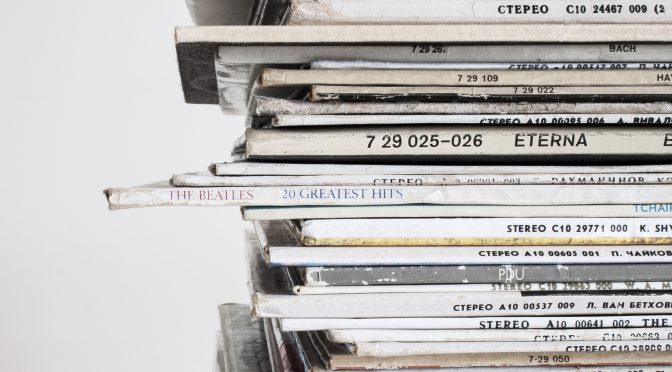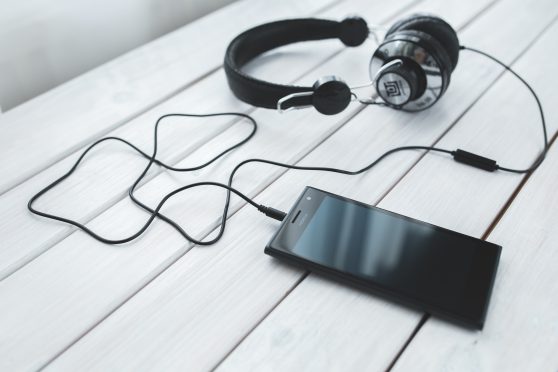After not seeing the band since 2014, I got the chance to check out New Politics on the Lost in Translation tour with support from Dreamers and The Wrecks at their stop in San Diego at the House of Blues. Though the band has become much more musically refined in the last few years (I remember seeing a breakdancing, rapping, pop-punk act opening for Dirty Heads back in 2011), they still maintain their high energy roots. They have also become a much better live band, with solid production and a tight live show.
Indie-rock band The Wrecks opened the night, playing a 30 minute selection of their songs, including “James Dean”, “Favorite Liar”, and “I Don’t Like You”. The band has a variety of influences, but one that was clear from the start, especially on “I Don’t Like You” is Cage the Elephant. Seemingly out of coincidence, the first song after their energy-filled set was Cage the Elephant’s “Come a Little Closer”.
Dreamers is the direct support on the tour, one of the notable songs they played was a cover of The Cranberries’ song “Zombie”. The band released a recording of the cover online on February 9th, just three weeks after the death of Cranberries’ lead singer Dolores O’Riordan. Other songs the band touched upon included “Sweet Disaster”, “Wolves (You Got Me)”, and “Painkiller”.
As the main act of the night, New Politics started with an upbeat song off of their newest effort, Lost in Translation. “Istanbul” got the crowd going, and singer David Boyd was crowdwalking before the song was over. After a track off of Vikings, the band jumped things back to their 2010 self-titled release with “Love Is a Drug”. Even though many of the fans in the audience seemed to be newer converts, there was still an intense energy during the cut. During “Lifeboat” the band showed that they can still write a pounding, anthemic track to get the crowd going.
After dedicating “Color Green” to all their friends and family, the band played a few more songs from their first release; “Dignity” and “Die For You”. After the latter, the band was amazed that a mosh pit had formed. Throughout the rest of the set, the band blended songs from each of their albums and ended the main set with hit single “Harlem”. Several of the songs during the night also featured additional performances on keys and bass by stage techs, which was new to me but a nice touch. Some songs just seem to call for live bass, rather than the band’s standard backtracked synths.
Once the main set was over, the band came back for a three song encore, of “Lifted”, “Pretend We’re In a Movie”, and finally closing the night with their first hit, “Yeah, Yeah, Yeah”.
Check out their tour dates to see if they’re coming to a city near you!
Press photo by Brendan Walter.


















